Spotify Faces Q2 Profit Headwinds Despite Subscriber Growth
Spotify Technology S.A. $SPOT, the world’s leading audio streaming platform, has issued a weaker-than-expected second-quarter profit outlook, sending its shares down by 7% on Tuesday. While the company continues to add users at a robust pace and has implemented strategic pricing adjustments, near-term profitability is being challenged by employee-related tax expenses, primarily linked to stock-based compensation.
Growth vs. Profitability: Spotify’s Balancing Act
Spotify has made clear progress in its long-term vision to turn user growth into consistent profitability. Recent quarters saw encouraging margin improvements fueled by cost controls and higher subscription prices across key markets. However, its Q2 forecast revealed a short-term stumble as payroll taxes—tied to a rise in the company’s share price—are expected to weigh heavily on earnings.
This development reaffirms an ongoing tension within Spotify’s financial narrative: balancing operational scalability with the unpredictable costs of running a publicly traded tech firm.
Five Factors Driving the Financial Forecast
Unexpected tax burden: Spotify flagged a sharp increase in social taxes stemming from employee equity-based compensation, a common issue among tech companies with rising stock valuations.
Share price volatility: The recent appreciation in Spotify's stock has inadvertently increased compensation-linked liabilities.
Subscription growth remains solid: Despite financial pressures, the company continues to expand its global user base, particularly in non-U.S. markets.
Cost discipline in place: Spotify has initiated layoffs and reduced content spending to streamline operations.
No change in annual guidance: For now, the company is sticking to its full-year forecast, signaling confidence in long-term profitability.

Behind the Numbers: What Else Is Shaping the Story
Employee compensation dynamics: With stock-based compensation forming a sizable portion of staff remuneration, gains in share price can directly inflate quarterly tax costs.
Market sentiment: The 7% dip in share price indicates investor sensitivity to short-term margin pressure, even amid positive operational indicators.
Long-term vision: Spotify has made it clear that growth remains a top priority, but its recent focus on monetization signals a pivot toward earnings sustainability.
Elements to Watch in the Coming Quarters
Performance of new subscription tiers, including high-fidelity audio
Adoption of AI tools for podcast and music discovery
Expansion in high-growth emerging markets
Further headcount adjustments or operational restructuring
Shareholder response to continued margin volatility


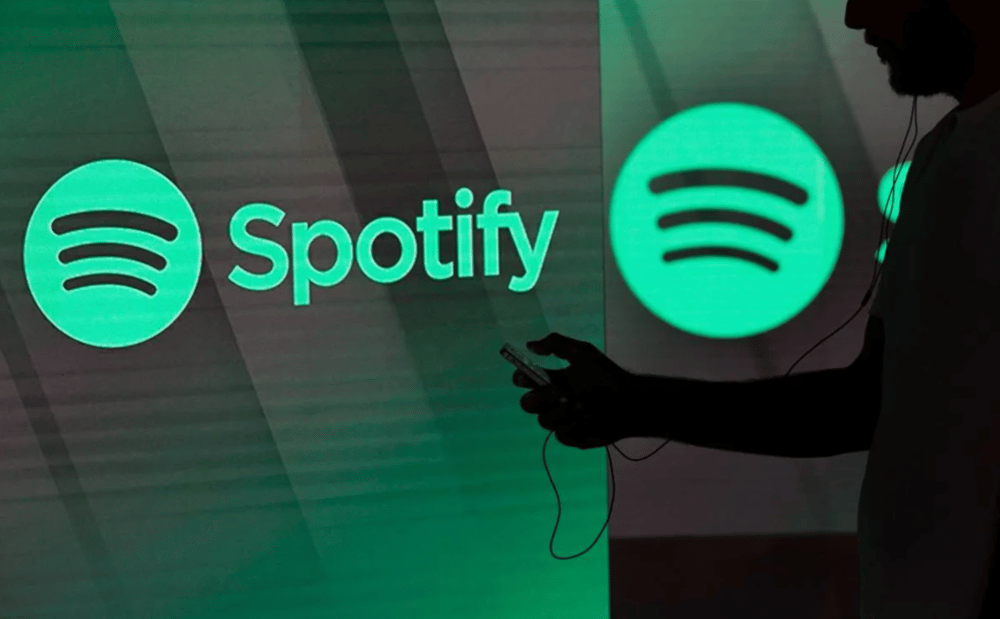
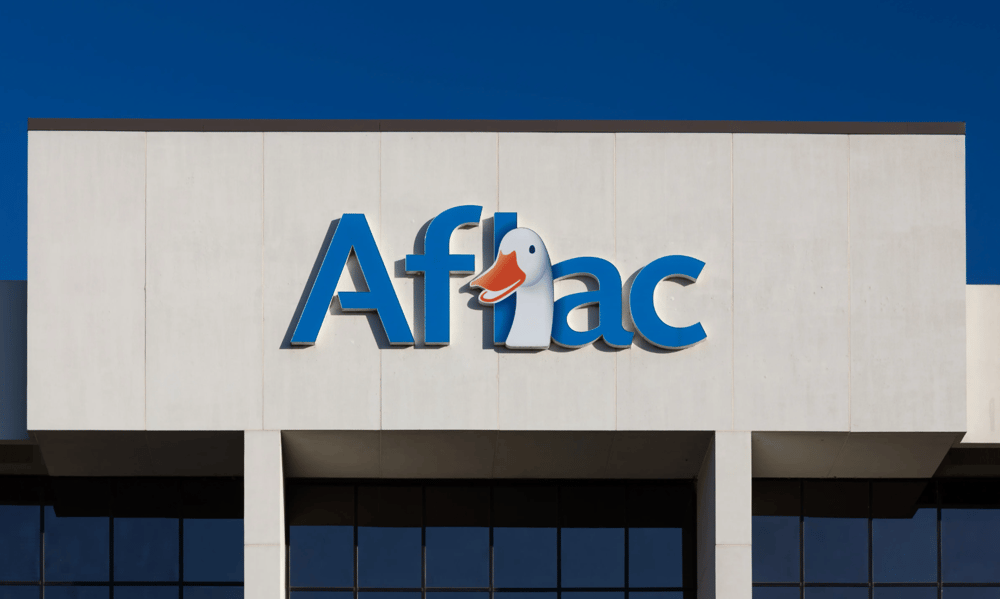
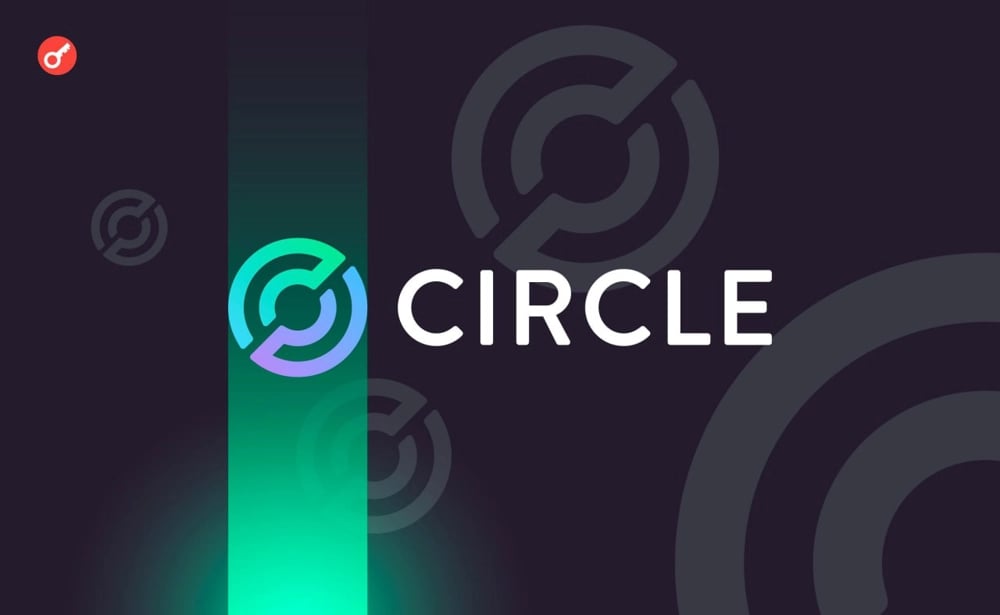

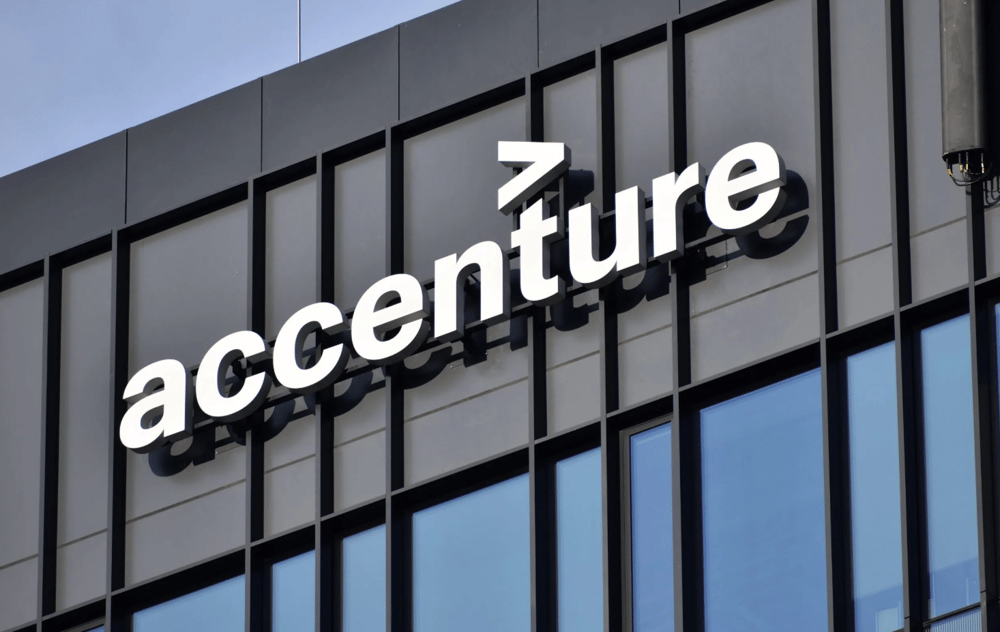

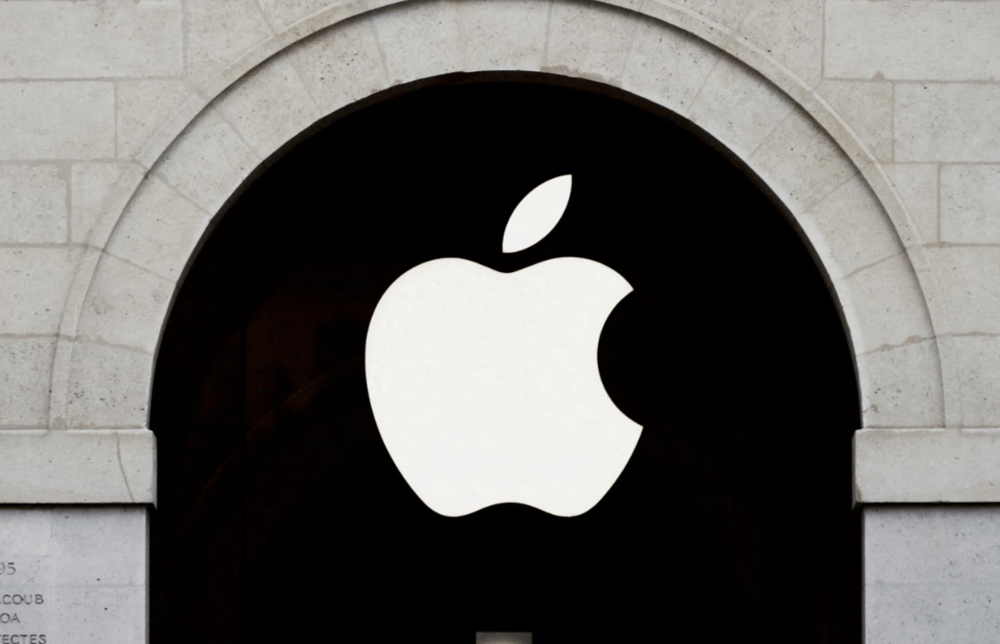






Comments